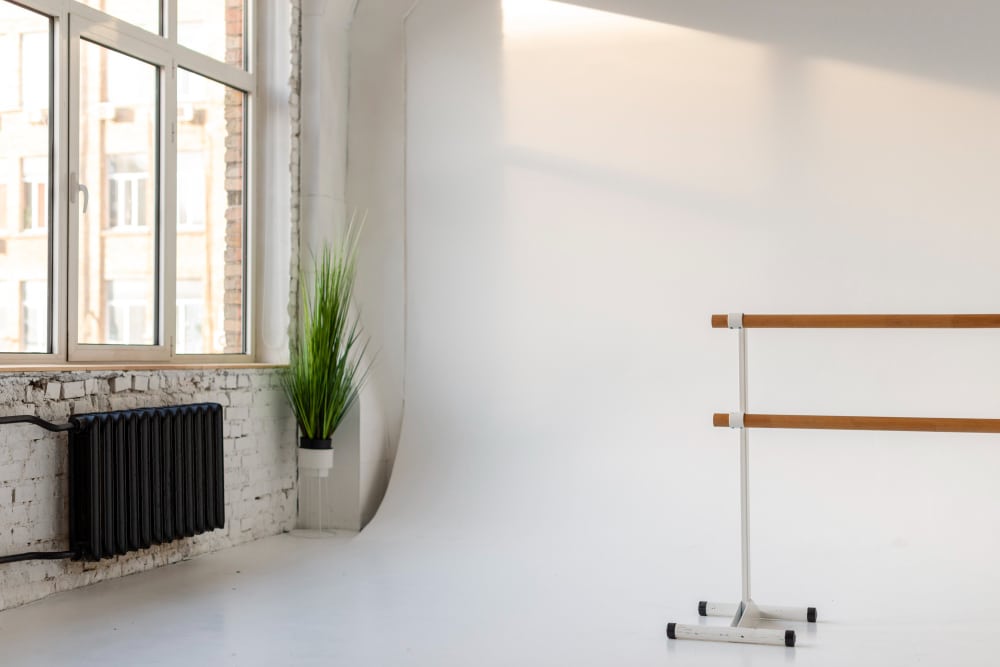The air we breathe is extremely important to our general health and well-being. Unfortunately, indoor air pollution is typically worse than outside air pollution. This deteriorates the indoor air quality and causes a range of health concerns such as respiratory disorders, allergies, headaches, etc. This passage will discuss several techniques & practical measures for improving indoor air quality (IAQ) in your house. These top 5 ways will surely create a healthier living environment. Let’s start …
Indoor air pollution comes from a variety of sources. This includes chemical pollutants such as volatile organic compounds (VOCs) found in building materials, cleaning supplies, furniture emissions, etc.
Then comes biological contaminants which consist of mold spores, dust mites, pet dander, and more all contribute to poor indoor air quality. Furthermore, combustion emissions from activities such as cooking on gas stoves and smoking cigarettes compound the situation. It is critical to address these causes of indoor air pollution in order to provide a healthy living environment for you and your family.
Now Let’s Discuss the Best 5 Ways to Get the Better Indoor Air Quality
Source Control
If you are striving for better indoor air quality, then must Identify & eliminate individual sources of pollution within your home. Whether it is asbestos-containing materials or gas stoves that create dangerous pollutants, you need to treat these sources directly to improve air quality. You can consider sealing or enclosing materials. Moreover, changing appliance settings or utilizing alternate goods will also reduce emissions.
Improve Your Ventilation Systems
You will have to increase the quantity of external air circulating indoors to dilute indoor pollutants. When the weather permits, open windows and doors, and use fans or window air conditioners with vent settings to improve ventilation. You can consider adding mechanical ventilation devices. These devices are energy-efficient heat recovery ventilators. Mechanical ventilation devices or mechanical indoor air quality solutions bring fresh air into your house while eliminating stale air.
Try to Use Air Cleaners
You can also invest in high-quality air purifiers equipped with HEPA filters to effectively capture and remove airborne particles. Air cleaners vary in size and efficiency, so, choose models that suit your space & prioritize particle removal. For instance, you can buy indoor air quality solutions from Aerolube, which is best in class and offers durability. However, one thing you must remember is to maintain your air cleaner according to the manufacturer’s instructions for optimal performance.
Become a Plant Parent
Natural air filters like houseplants also improve indoor air quality by eliminating typical indoor pollutants like formaldehyde and benzene. Plants like ferns, spider plants, and peace lilies can help improve interior air quality. However, we suggest you avoid overwatering plants in order to prevent mold formation and maintain a healthy atmosphere.
Clean Regularly
Last but not least, and also one of the most basic yet essential ways to get better indoor air quality. Cleaning regularly is essential for minimizing indoor pollution and allergens; vacuum carpets and rugs often with a vacuum cleaner with a HEPA filter. You should dust surfaces like furniture and air vents regularly because it will remove dust & pet dander that has accumulated. In addition, keep or replace air filters in HVAC systems as needed to ensure adequate airflow and filtration.
Taking Action: Practical Tips for a Healthier Home
Here are some practical steps you can take to improve your indoor air quality:
- Control Humidity Levels: Use a hygrometer to monitor humidity levels and invest in a humidifier or dehumidifier to maintain a healthy balance, preventing mold and mildew growth.
- Reduce Reliance on Chemical Products: Opt for natural cleaning solutions and choose low-VOC paints and materials to minimize indoor air pollutants.
- Be Mindful of Combustion Sources: Limit smoking indoors, ensure proper ventilation when cooking with gas stoves, and use exhaust fans to remove smoke and fumes from cooking activities.
You and your family can benefit from a healthier indoor environment if you follow these five steps. A more pleasant living space can result from adopting proactive measures to enhance indoor air quality, such as reducing pollution sources, improving ventilation, adding natural air purifiers, etc. Remember that even minor modifications can have a significant impact on the air you breathe every day.
If you need to buy an indoor air filtration system for your home, Aerolube is an ideal company for you. We have been in the industry for years. Connect with us and discuss your requirements.
Recommended Reads

